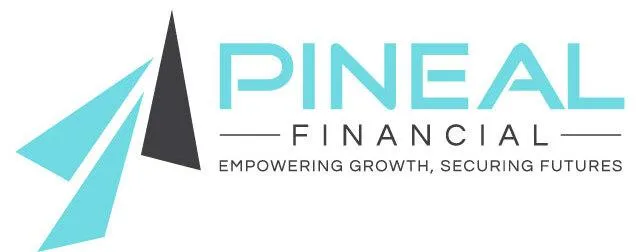Working Capital Loans
Funding for Operations
Many businesses experience seasonal ebbs and flows in income. Retail sales are often tied to the holidays and ski resorts only operate in the winter. But, when money stops flowing into the business, continued expenses still cause money to flow out. Working capital loans help businesses cover costs like payroll, utilities, and repairs in the short-term.
Overview

Several loan products exist to help small businesses cover their working capital expenses. Lines of credit, term loans, SBA loans, and factoring are just a few of them. It takes an experienced financial team to fully understand them all. That’s why it’s important to sit down with an advisor who can help find the right financial fit for your business’s needs.
Lines of Credit allow borrowers to take cash as often as they need, up to their approved credit limit. There are no penalties for prepayment and APRs tend to be lower than credit cards. Once the balance on the account has been paid down, cash is freed up in the account.
Term loans allow a borrower to take out a specific amount of funds. A lump sum goes to the borrower to cover operating costs. Then, fixed, regular payments are made over time to repay the loan.
SBA loans are a last resort option for borrowers who have been turned down elsewhere. Some are limited to expenses like equipment and real estate, but others generate cash for working capital. The SBA supports for-profit businesses whose net worth is $15 or lower.
Factoring is a financing option where a borrower can sell their outstanding invoices, accounts receivable, and purchase orders to a lender. That lender gives the borrower cash upfront and recovers repayment on the loan from the business’s customers.
Loan Highlights

Working capital loans are short-term financing options that give cash for operating expenses
.Lines of credit are the most flexible form of working credit loan.
Term loans require fixed regular payments.
The Small Business Administration supports small businesses with different loan products.
Factoring relies on the repayment reputation of a business’s clients.

Pros
Working capital loans are short-term, which can cover operational expenses locking the borrower into long-term repayment obligations.
Loans can be used to cover a variety of expenses and aren’t tied to a specific purchase.
Cash can usually be made available quickly.

Cons
Lenders charge higher interest rates based on the term of the loan and the risk involved.
SBA loans can be difficult to qualify for.
Some loans require a personal guarantee, putting an individual’s finances at risk.
Early repayment on fixed-rate loans doesn’t decrease interest charges.
Loan Application
Take The Loan Application On Our Call
Pre-Approval
Get Pre-Approved Within 24 Hours
Access Capital For Your Business
Access capital for your business today
